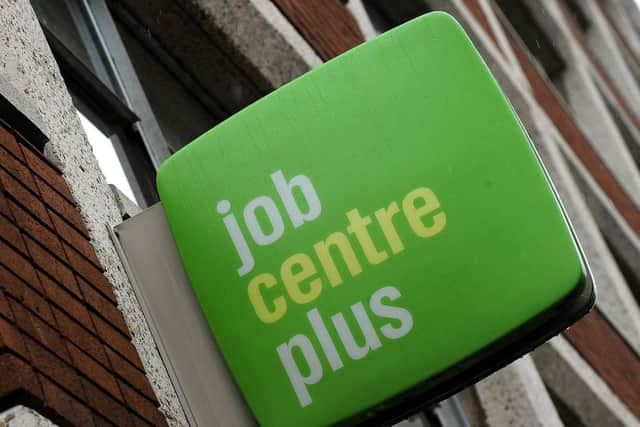Fylde coast fails to follow national unemployment decrease
and live on Freeview channel 276
However, the fall in unemployment came as wage growth stalled over the period and the number of job vacancies also shrank.
The number of unemployed people in the UK fell by 13,000 to 1.28 million for the quarter, the Office for National Statistics said. It meant the rate of unemployment stayed flat at 3.8 per cent.
Advertisement
Hide AdAdvertisement
Hide AdThis was largely driven by a decrease in the unemployment rate for women, which fell to a record low of 3.5 per cent for the period.


Despite the rise, more people were also deemed economically inactive, with the level increasing by 19,000 to 8.61 million for the quarter.
David Freeman, from the ONS, said: "While the estimate of the employment rate nudged up in the most recent quarter, the longer-term picture has seen it broadly flat over the last few quarters.
"Pay is still increasing in real terms, but its growth rate has slowed in the last few months."
Advertisement
Hide AdAdvertisement
Hide AdBut locally, the number of people claiming work related benefits rose in November, bucking the national trend once more.
In Blackpool North and Cleveleys, there were 2,430 claimants up 1.6 percent on the same month last year.
In Blackpool South, there were 3,465, up 2.5 per cent. In Fylde, 1,105, up 0.9 per cent, in Lancaster and Fleetwood, 1,655, up 0.7 per cent and in Wyre, 695, up 0.5 per cent.
The national ONS figures also revealed that job vacancies slid by 20,000 to 794,000, as the rate of decline continued to accelerate from the previous period.
Vacancies have now declined for 10 consecutive months and have fallen below 800,000 for the first time in more than two years.